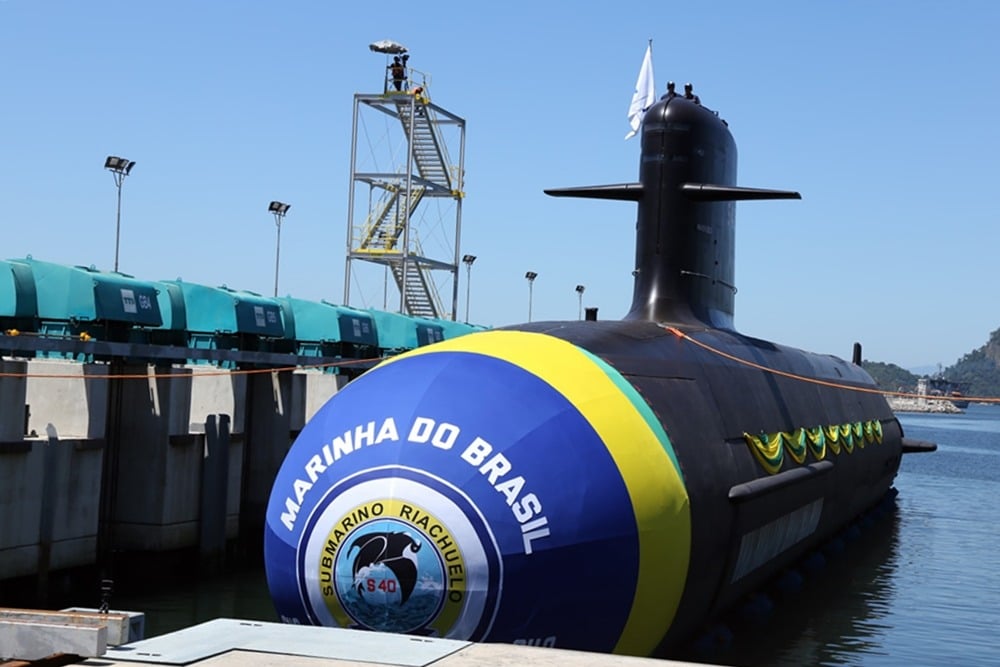Brazilian Defense Minister Nelson Jobim recently declared that he is against additional inspections by the International Atomic Energy Agency (IAEA) and restrictions regarding selling uranium to other countries, a key ingredient for developing nuclear energy and nuclear armament. Indeed, Brazil has so far refused to sign an amended version of the NPT, the so-called additional protocol. The country has the world’s sixth largest reserves of uranium.
The situation brings about the question of how Brazil should be treated by the international community when it comes to nuclear security issues. The Portuguese-speaking giant has taken a significant leap forward in nuclear initiatives including:
–Finishing the construction of a new nuclear plant (Angra 3) which could be operational sometime after 2013. The country already has two nuclear plants (Angra 1 and Angra 2).
–The construction of a nuclear-powered submarine, a dream of the Brazilian military since the military government of 1964-1985.
In February there were conflicting reports over whether Brasilia had agreed with Iran to enrich Iranian uranium to 20% with the condition that Tehran would only utilize it for peaceful projects. The Estado de São Paulo newspaper cited Ali Akbar Salehi, the head of Iran’s atomic energy agency, as saying the uranium might be shipped to maybe Brazil, France or an Asian country like Japan. In early 2009, Industriás Nucleares do Brasil (INB) was issued a temporary license by the Brazilian Nuclear Energy Commission (CNEN) to start enriching uranium on an industrial scale at its Resende plant.
It seems that Brazil’s nuclear technology and resources are tools in Brasilia’s ever-growing toolkit, with goals like obtaining a permanent seat in the UN Security Council.
At the same time, Brazil is tipping the balance of military power in South America, with other countries, including Venezuela, hardly able to match it. Certainly such a situation raises proliferation concerns if other regional states begin to worry that Brazil could become a security threat and need to increase their own military spending in order to retain a deterrent capability. Various Latin American states have their own nuclear energy programs though it should be stated though that the fabrication of nuclear weaponry in the region is hardly an achievable goal today and is restricted by the Tlatelolco Treaty (Treaty for the Prohibition of Nuclear Weapons in Latin America and the Caribbean).
Nevertheless, should the international community be keeping an eye on Brasilia’s nuclear initiatives particularly regarding some of the countries it befriends? Should restrictions be applied and surprise inspections allowed?

Reply